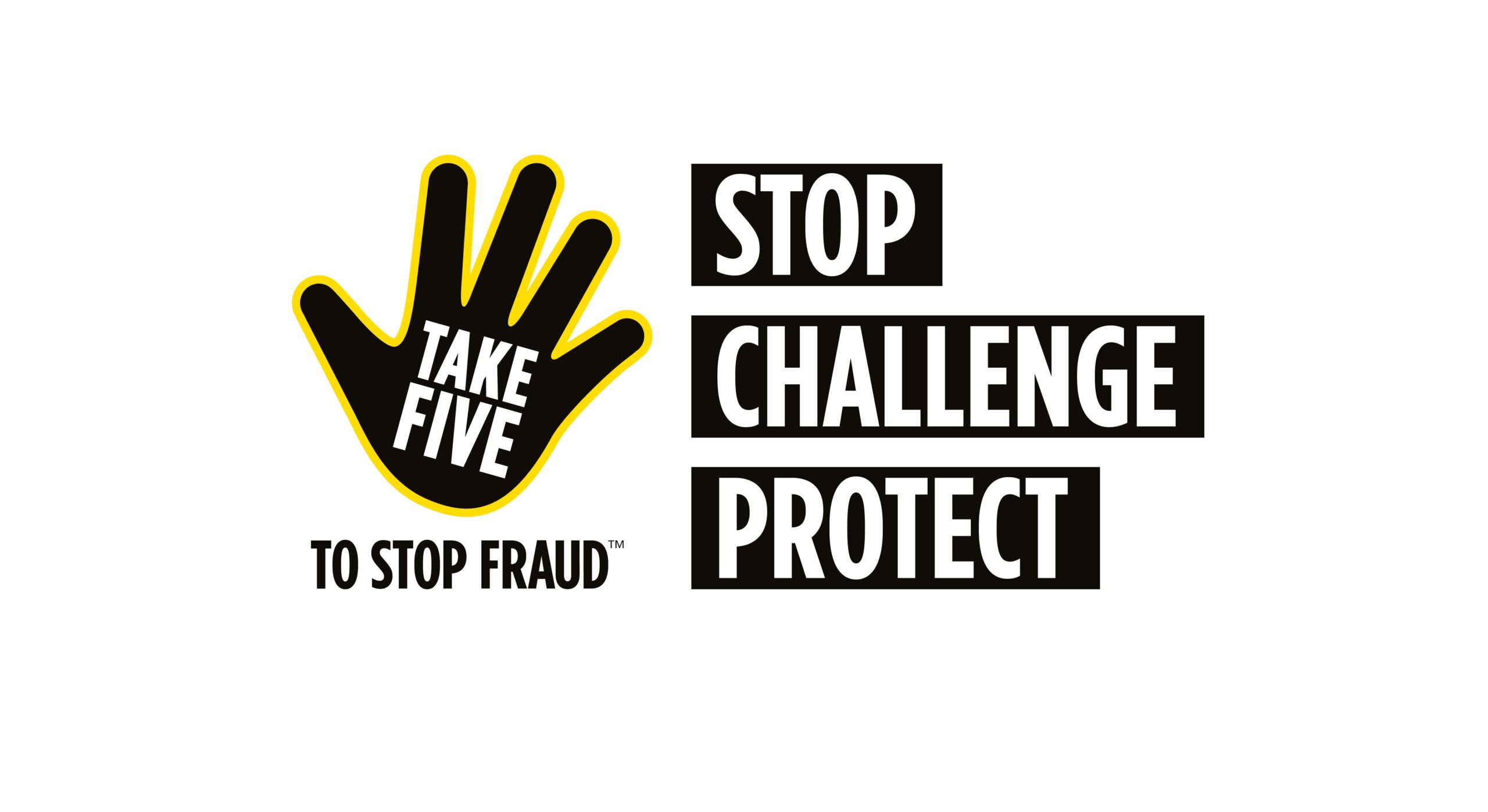What we do to keep you safe
We work with external fraud prevention partners, monitoring suspicious activities, such as phishing attempts, impersonation attempts and any unauthorised use of our brand. If a suspicious transaction is detected, we will work with you to resolve the matter as quickly as possible.
Additionally, we work closely with other financial service providers and institutions, ensuring we stay informed of new fraudulent trends and risks.
We’ll also keep you up to date with our latest security advice. Occasionally, you may see details on our website with hints and tips for you to improve the security of your data. This could include making sure you use strong passwords and asking you to update us if any of your personal details change.
It’s important to remember Hodge will never call, email or text and ask you to:
- Reveal your PIN code, expiry date, the last three digits of the security code on the back of your card (CVV number), or anything else
- Transfer money between accounts
- Share account details including user IDs, memorable details or passwords
- Tell them your Personal Security Number (PSN) for telephone banking.
Take Five to Stop Fraud
The national Take Five campaign offers straight-forward and impartial advice to help everyone protect themselves from preventable financial fraud. Together, we can tackle financial fraud in three key steps: stop, challenge, protect.

Get in touch
Remember, if you notice anything unusual or suspicious on your account please let us know as soon as you can. If you’re a victim of fraud, we’ll help you get the support and tools to keep your information and money safe in the future.






